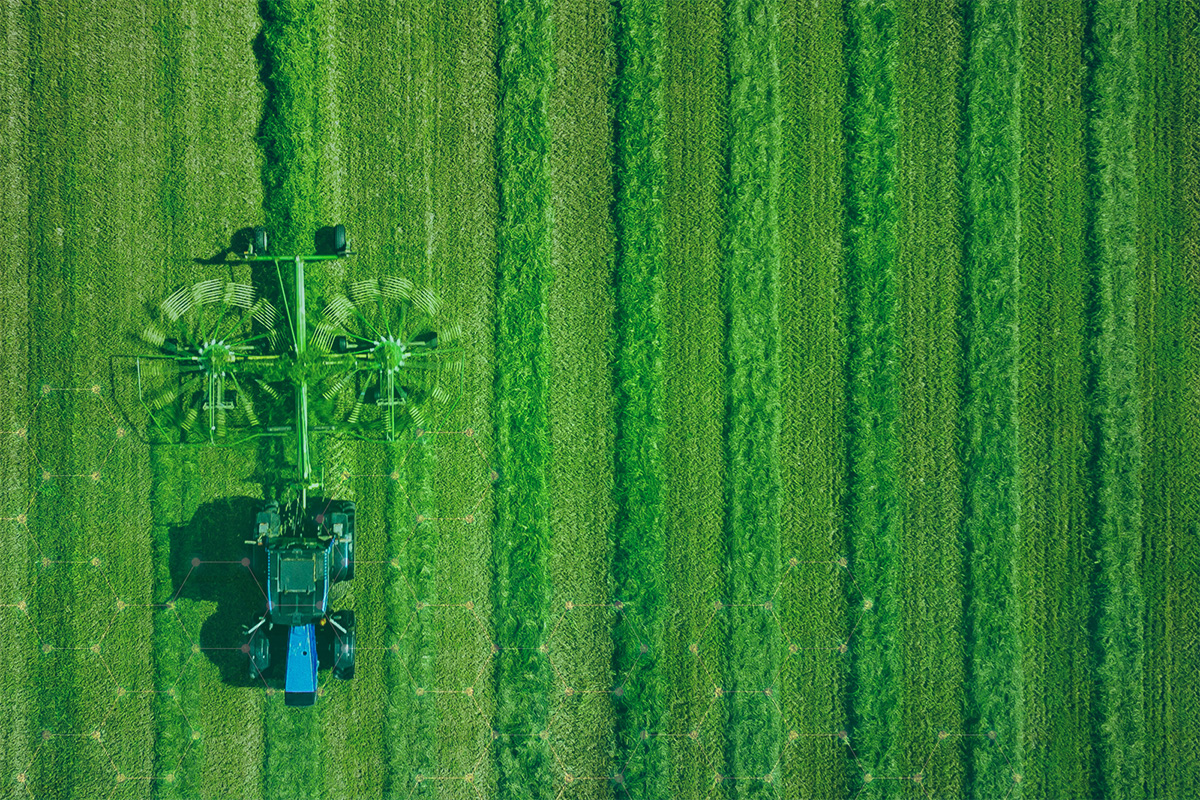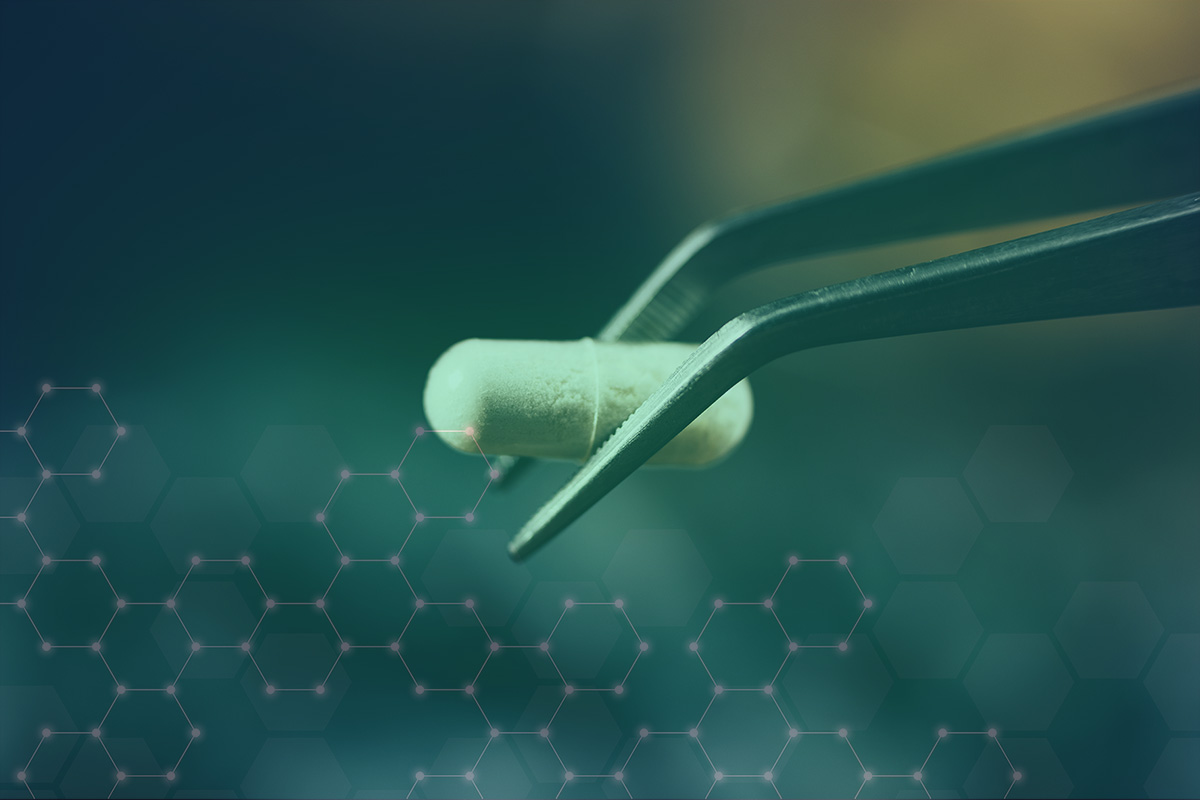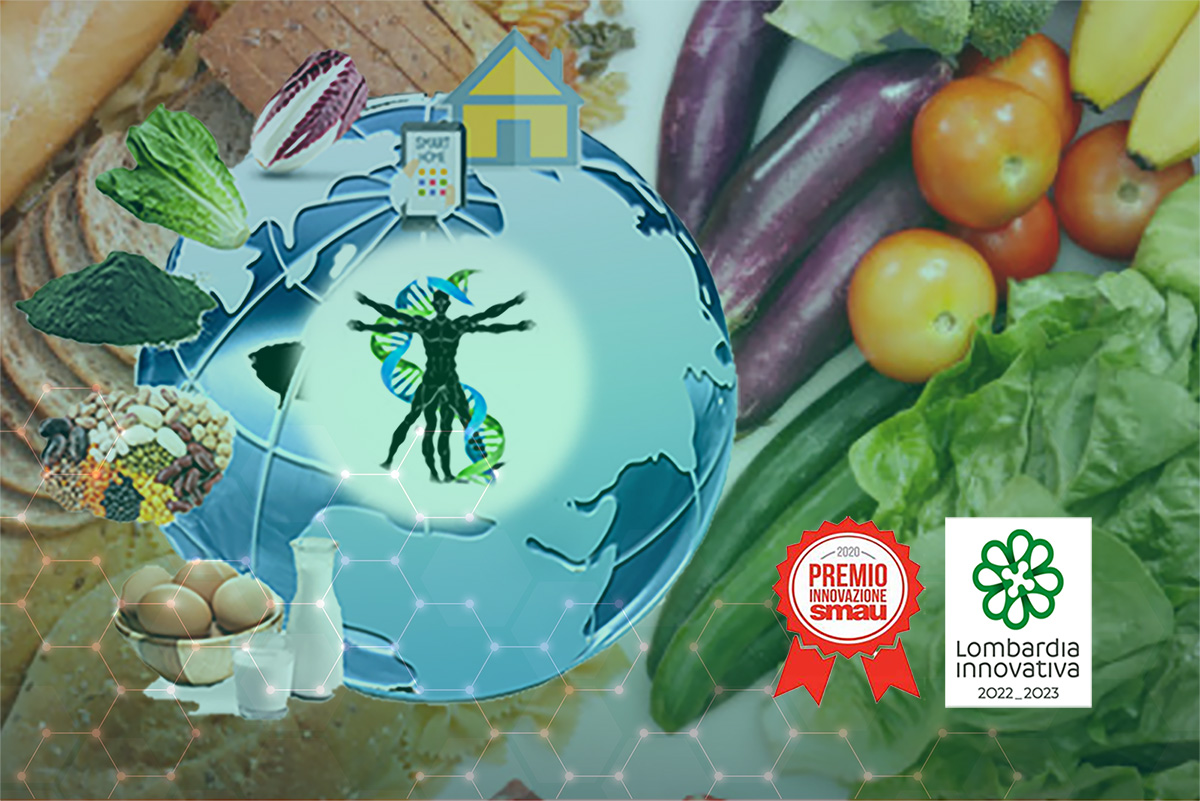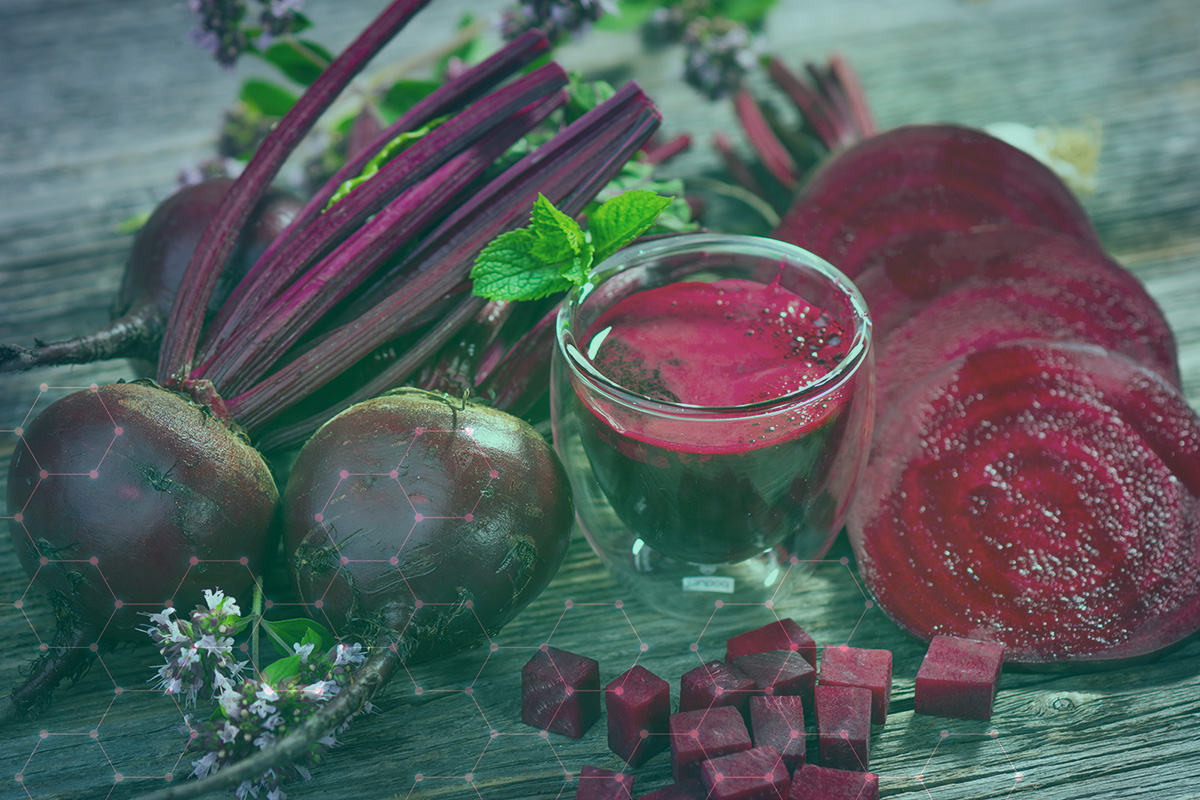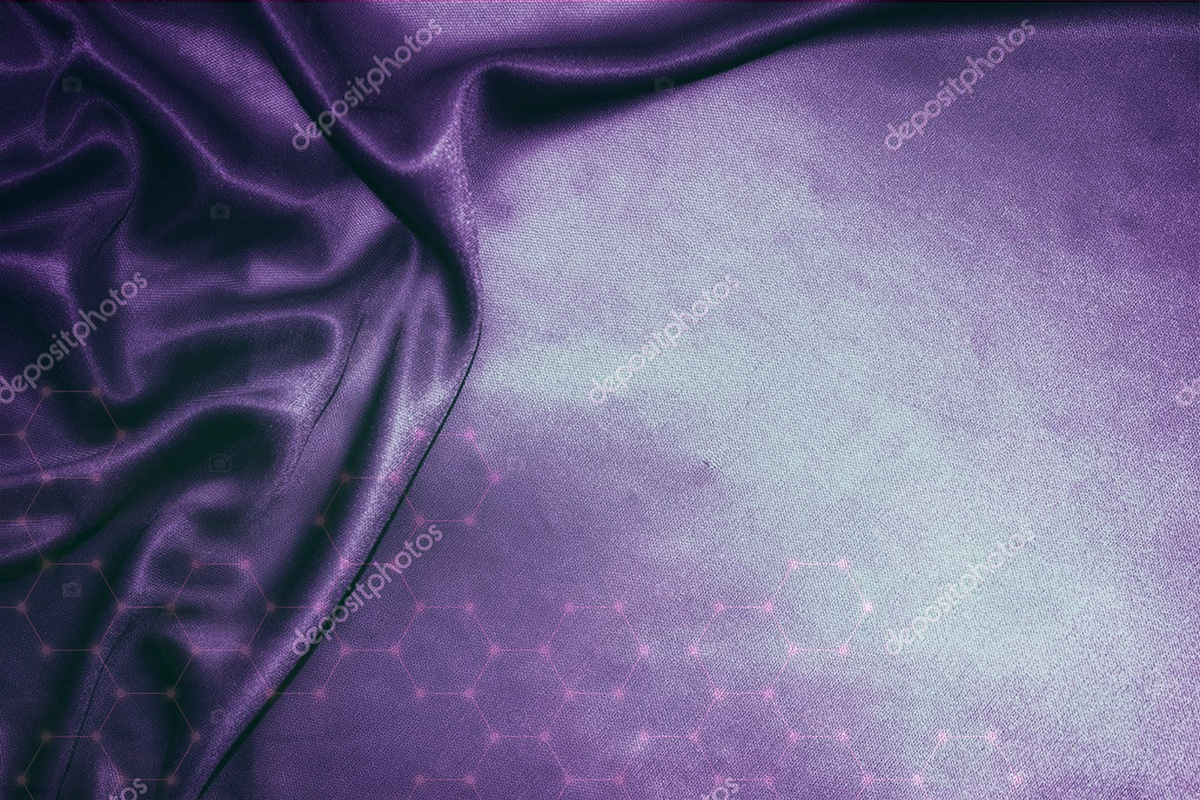BOOSTING SUSTAINABLE DIVERSIFICATION IN EU FARMING SYSTEM
CARINA is built on a multi-actor consortium and participative decision-making process through mutual learning, transparent communication, and inclusive multi-perspectives and transdisciplinary engagement. CARINA focuses on new sustainable and diversified farming systems including 2 new oilseed crops, carinata and camelina, able to provide multiple low iLUC feedstocks for the bio-based economy.
Carinata and camelina successfully grow almost everywhere in Europe and in northern Africa. Carinata and camelina provide high quality oils that will be transformed into innovative bio-based products (bioherbicides, bioplastics). The co-product from oil extraction is a protein-rich cake, which will be valorized as animal feed, and in a multitude of high added-value products, exploiting the mucilage and glucosinolates contained within.
CARINA capitalizes on a highly experienced team of 20 partners, +6 affiliated entities, from 13 EU and Associated Countries (Italy, France, Spain, Germany, Greece, Slovakia, Bulgaria, Poland, UK, Serbia, Tunisia, Morocco, Switzerland).
CAMELINA CROPPING SYSTEM IMPACT

CAMELINA is a mature crop for the European farming systems. It is currently grown in more than 500 farms in Spain and over 100 farms in France, and to a lesser extent in other European countries (e.g. Baltic region and Balkan area). The availability of winter and spring varieties makes camelina easily adaptable to nearly all European countries.
CARINA will focus on winter types for intercropping or as a cover crop in double cropping systems (preceding main summer crops): i) cash cover crops to allow double cropping with typical staple crops; ii) intercropping with food crops; iii) main crop in marginal/idle land typical staple crops;.
CAMELINA CO-PRODUCTS VALORISATIONS

FLANAT will work on the recovery of the antinutritional compounds from the Camelina cake that will be then used in different biobased applications. The cake with lowered amount of antinutritionals will be thoroughly evaluated as new feed ingredients.
Concerning the recovery of polysaccharides, different carriers (or wall materials) have been applied depending on the type and nature of feedstock or targeted application of microencapsulated ingredients. Today several authors reported the application of vegetable polysaccharides highlighting that these fractions are more stable and versatile than proteins since withstand high temperature and pH changes.
FLANAT will investigate the potential application of static pressurized hot water (PHW) as extractant, in order overcome the main issues related to the current industrial processes, which usually require long extraction time, high temperature and corrosive solvents, such as alkaline or acid solutions. The use of PHW is more environmentally sustainable since the energy demand to heat pressurized water is about three times lower than that required under ambient conditions. Moreover, PHW, thanks to its physicochemical features, could works at lower temperatures and time, since under high pressure and temperature water diffusivity increases and its pH gets lower.
Each formulation will be optimized based on the data obtained from stability and bio-accessibility studies carried out on both the free extracts and the formulated ones.

2023-2026
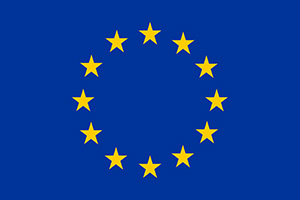
This project has received funding from the European Union’s Horizon Europe research and innovation program under grant agreement No 101081839.


